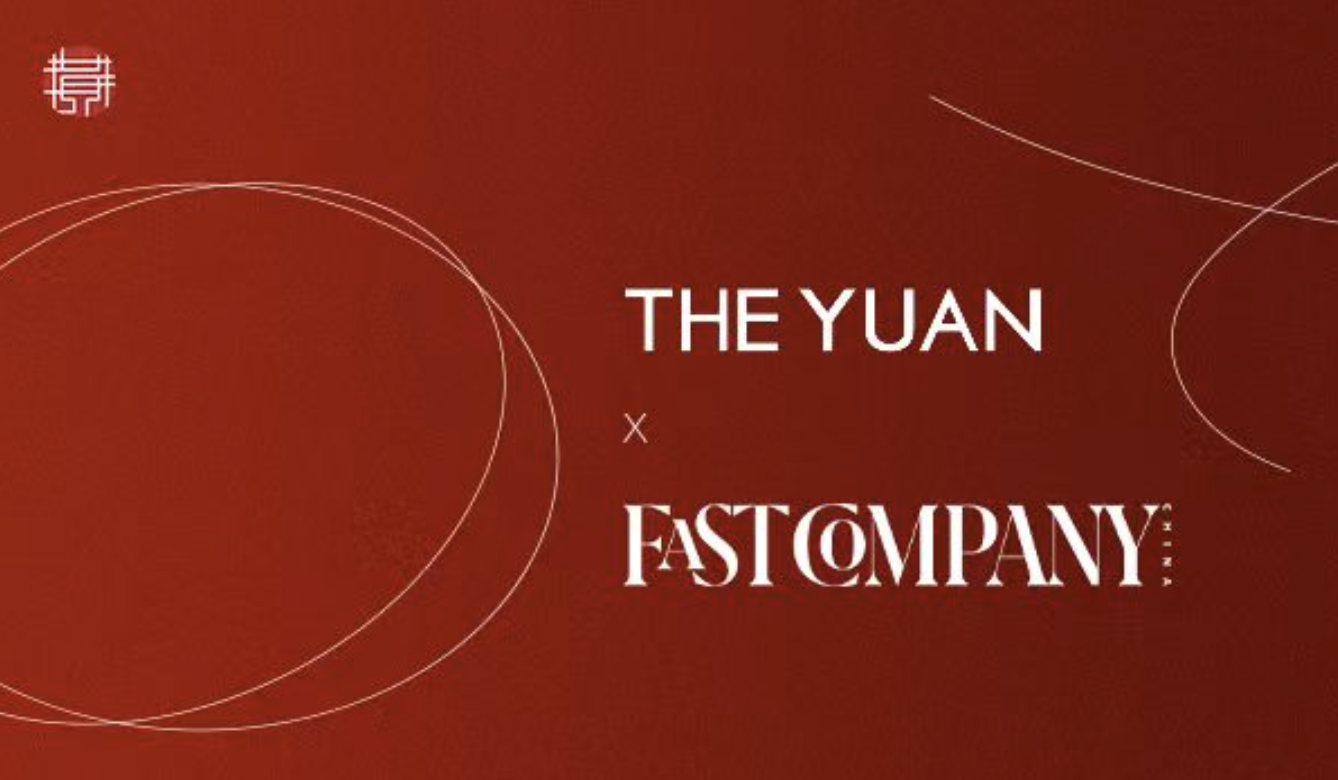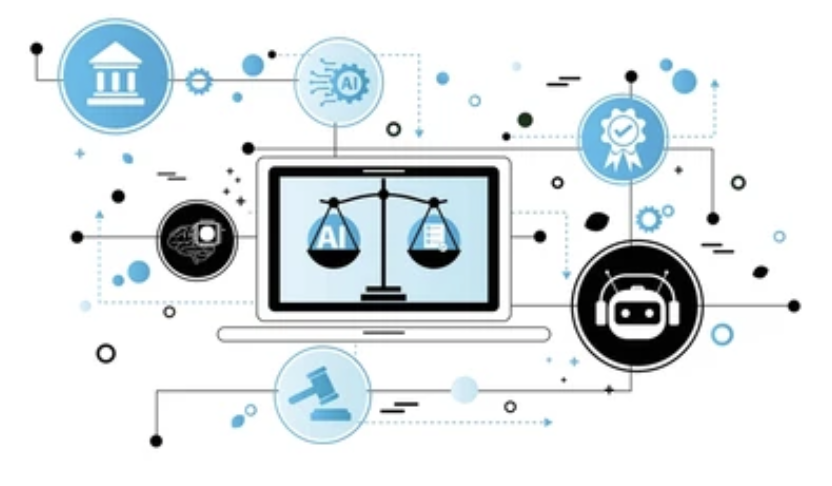


STANFORD, CALIFORNIA - Economists and policymakers agree technological improvements are crucial to economic growth. The information technology (IT) revolution of the last four decades has driven the economy forward, and very few people would want to stop it. Since the 1980s, however, as that revolution has taken root, the United States economy in particular has experienced a sharp rise in firms’ market power - defined predominantly as their ability to affect pricing.
Rising productivity and market power are the twin outcomes of the innovation process. Both result from private ownership of technology, as well as legal powers conferred by patents or trade secrets. When a wave of innovation like the IT revolution takes off, market power rapidly accumulates and becomes a significant force - with profound economic and political implications. In my recent book, I call this unique force the “market power of technology.”
Although economists have long recognized the dangers of such market power, conventional wisdom has been that this power is short-lived because competition will erode it, patents will expire, and trade secrets cannot be kept secret for long. Allowing innovators some market power thus has been considered a small price to pay for the great benefits of rising productivity.
In fact, however, innovators’ power - which is often monopolistic in nature - is neither of short duration nor a small price to pay. On the contrary, the price is significant because prevailing free-market economic policies do not restrain its growth. Under such conditions, a market economy acquires the features of winner-takes-all monopoly capitalism, wherein a few firms that dominate their respective sectors turn their market power into far more enduring forms of economic and political power.
In such a system - where smaller firms are in constant
The content herein is subject to copyright by Project Syndicate. All rights reserved. The content of the services is owned or licensed to The Yuan. The copying or storing of any content for anything other than personal use is expressly prohibited without prior written permission from The Yuan, or the copyright holder identified in the copyright notice contained in the content. Continue with Linkedin
Continue with Linkedin
 Continue with Google
Continue with Google









 1578 views
1578 views








